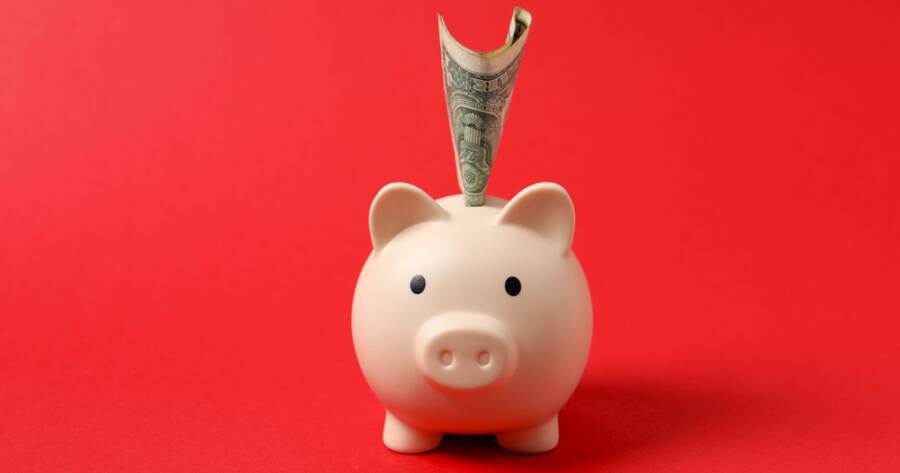No credit check loans can be an appealing option for individuals with poor or limited credit histories. Loans allow borrowers to access funds without the lender evaluating their credit score. However, while they may offer quick financial relief, the terms and conditions of such loans can vary significantly. Borrowers should carefully consider the potential benefits and risks to determine if this option is right for their circumstances.
What Are No Credit Check Loans?
No credit check loans are financial products where lenders do not perform a traditional credit inquiry before approving the loan. These loans are often marketed to people with bad credit or those who have no credit history, as traditional loans may be unavailable to them.
Common types of no credit check loans include:
- Payday loans: Short-term loans that must be repaid by the borrower’s next payday, typically with high fees and interest rates.
- Title loans: Loans secured by the borrower’s vehicle, where the loan amount is based on the car’s value.
- Personal installment loans: Loans that allow borrowers to repay in multiple installments over a longer period, often with higher interest rates compared to traditional loans.
What Are the Potential Benefits?
For certain individuals, no credit check loans could provide much-needed financial assistance in specific situations. Potential advantages might include:
- Quick approval: Since lenders don’t review credit scores, the application and approval process is typically faster, sometimes providing funds within 24 hours.
- Accessibility: These loans might be an option for borrowers who have been denied traditional loans due to poor credit or no credit history.
- Flexible use: No credit check loans can be used for various purposes, such as paying medical bills, covering emergency expenses, or consolidating other debts.
What Are the Risks?
While no credit check loans may seem convenient, they often come with significant risks that borrowers should carefully evaluate:
- High interest rates and fees: These loans frequently carry exorbitant interest rates, which could make repayment challenging. For instance, payday loans may have annual percentage rates (APRs) exceeding 300%.
- Short repayment terms: Borrowers might need to repay the loan within a few weeks, potentially leading to a cycle of debt if they cannot meet the terms.
- Potential asset loss: For title loans, failing to repay could result in the lender repossessing the borrower’s vehicle.
- Limited regulation: Depending on where you live, no credit check loans may not be tightly regulated, increasing the risk of predatory lending practices.
Who Might Consider a No Credit Check Loan?
No credit check loans might be suitable for individuals who have exhausted other options and need immediate financial relief. However, they should only be considered as a last resort due to their high costs and potential for creating a debt cycle.
Borrowers might explore alternatives like borrowing from friends or family, seeking assistance from charitable organizations, or working with credit unions, which often offer more affordable loan options.
Learn More
No credit check loans can provide temporary financial relief, but they come with significant risks and high costs. Borrowers should carefully review the terms and explore all other options before committing to such a loan.
While they may be useful in emergencies, a thoughtful approach can help prevent long-term financial challenges. For those who decide to proceed, ensuring timely repayment is crucial to avoid additional complications.





